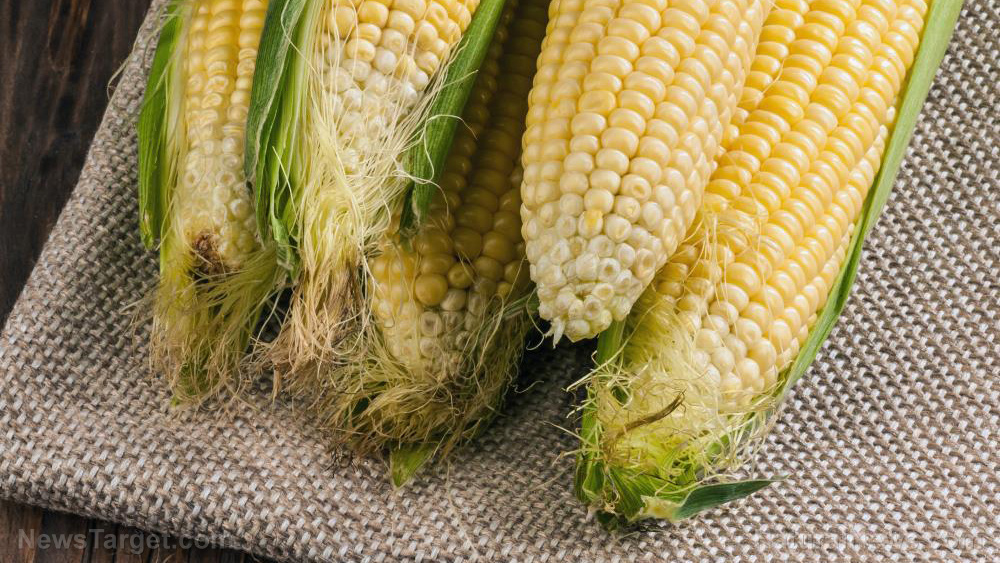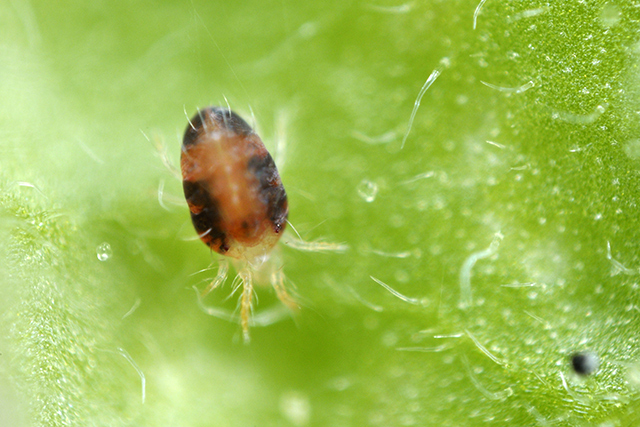“Unconfirmed allegations” levied against Hampton Creek to disrupt its non-GMO business… sabotage from within?
07/22/2017 / By Lance D Johnson

One of the quickest ways to damage a brand’s reputation in the food industry is to announce a recall of their products, citing bacterial contamination as the problem. Food safety is a top priority on consumers’ minds; that’s why premature withdrawal of a company’s products without solid evidence of contamination should be considered a potential sabotage, a hit job targeting a specific brand.
Hampton Creek’s non-GMO business could be experiencing just this sort of hit job from within — a coordinated attempt to damage the brand and the vegan and non-GMO movements.
Recently, “unconfirmed allegations” have been levied against Hampton Creek on the basis of food safety. Since hearing the allegations, Target, the brand’s largest retailer, has taken swift action, removing all of Hampton Creek’s 20 products from their stores. Just 18 hours after receiving the unconfirmed allegations, Target remotely disabled its cash registers across 1800 stores, alerting all employees to pull Hampton Creek products from shelves to stop consumers from purchasing Hampton Creek’s healthy alternatives.
Target released a statement: “Pending a full review, Target today started a market withdrawal of Hampton Creek products, which are being removed from Target stores and Target.com.”
The unnamed Target spokesperson said the company received accusations that Hampton Creek’s products had been adulterated. Not citing a source, the spokesperson said a report found pathogens in a Hampton Creek manufacturing facility.
Furthermore, Target received precise allegations that Hampton Creek products were contaminated with salmonella and listeria, but Target hasn’t confirmed any of these allegations. It’s all heresy, a smear campaign to bring down Hampton Creek’s reputation. No one has gotten sick from Hampton’s products either, and the FDA never ordered Target to stop carrying the products. It was Target’s upper management that jumped to conclusions and it was Target that contacted the FDA, prompting an investigation.
If contamination really is present, why would a whistleblower within Hampton Creek notify the company’s largest retailer? Why wouldn’t the whistleblower report to the appropriate agencies that regulate for food safety? If the allegations were based on any solid evidence, wouldn’t they be sent to the Health Departments or the FDA? It appears that someone is trying to sabotage the company from within, in order to scare the public about potentially contaminated non-GMO products.
A statement from the San Francisco-based company said: “The allegations that our products are mislabeled and unsafe are false. We have robust food safety standards, and as such, we remain confident about the safety of all products we sell and distribute. We look forward to working with Target and the FDA to bring this to a quick resolution.”
Hampton Creek is a food startup on a mission to offer products that do not contain genetically modified ingredients. Target is Hampton Creek’s top retailer, representing one-third of their business, or approximately $5.5 million in sales, annually.
Hampton Creek has been under attack for a while now. In 2014, big food brand Unilever sued Hampton Creek, accusing them of false marketing. Unilever eventually dropped the suit later that year but a stunt like that can stick in consumers’ minds regardless. Another attack from within the company prompted Hampton Creek to fire three executives who were staging a coup to take control of the brand’s original mission, putting its focus on healthy food in jeopardy.
Consumers are searching for vegan and non-GMO options in the grocery world. The biotech industry and the big food companies that control the retail space will go to great lengths to damage the reputation of up and coming companies such as Hampton Creek, which is providing great vegan and non-GMO alternatives to the junk foods that dominate retail space. Don’t be fooled by these attacks. Do your own research and continue to support small organic brands.
Sources include:
Tagged Under: corporate sabotage, food recalls, food safety, Hampton Creek, non-GMO foods, Target




















